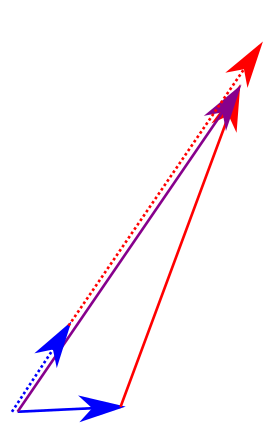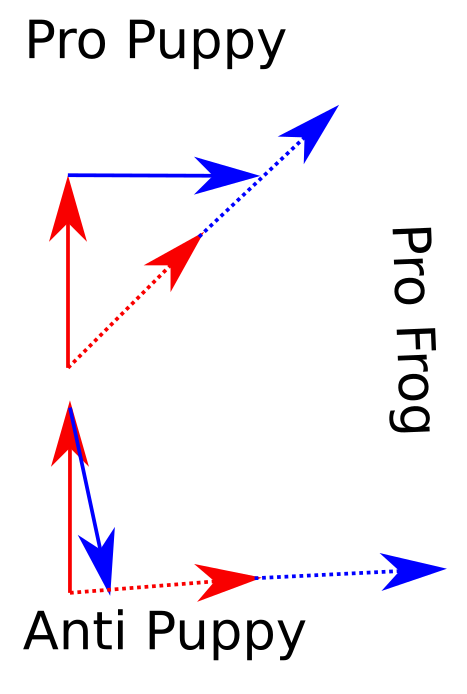Wondering what happens if you have https://en.wikipedia.org/wiki/Quadratic_voting but with automated collusion - after all votes are in, pair two people and have them collude automatically, splitting implied utility equally, repeat over and over until everyone has the same distribution, do this whole process a million times, take the majority winners as winners.
Does that incentivize you to actually vote your real preferences rather than trying to collude beforehand?
Okay you won't actually end up with everyone having the same distribution. But still, do it until "convergence", then take majority winners, and see who wins most under a million random paths to convergent collusions, and take those as winners.


If everyone ends up with the same vote distribution, I think it removes the incentive for colluding beforehand, but it also means the vote is no longer meaningfully quadratic. The rank ordering of the candidates will be in order of how many total points were spent on them, and you basically end up with score voting.
edit: I assume that the automatic collusion mechanism is something like averaging the two ballots' allocations for each candidate, which does not change the number of points spent on each candidate. If instead some ballots end up causing more points to be spent on their preferred candidates than they initially had to work with, there are almost definitely opportunities for strategic voting and beforehand collusion.